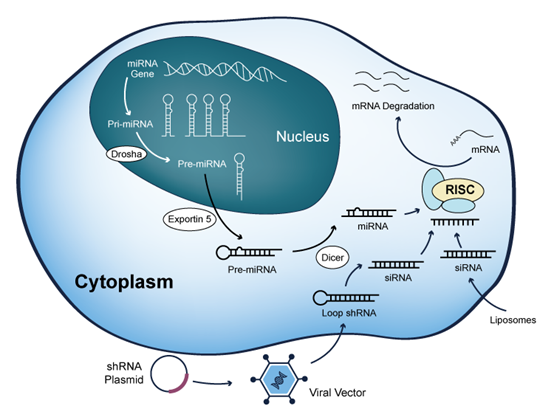
The current landscape surrounding biotechnological advancements is rapidly evolving, particularly in the realm of nucleic acid synthesis. Among these developments, the biosynthesis of rna has emerged as a pivotal area with significant implications for various sectors, including pharmaceuticals and genetic engineering. As we delve into this topic, it becomes essential to consider not only its scientific merits but also its legal and regulatory attributes that govern its application.
Understanding the Biosynthesis of RNA: A Legal Perspective

Biosynthesis of RNA refers to the biological process through which ribonucleic acid (RNA) molecules are synthesized from DNA templates. This process is subject to a myriad of legal regulations aimed at ensuring ethical practices in biotechnology. Notably, compliance with laws such as the California Consumer Privacy Act (CCPA) plays a crucial role in safeguarding consumer data related to biotechnological products derived from RNA synthesis. The CCPA mandates transparency regarding personal information collection and usage, thereby influencing how companies involved in RNA biosynthesis manage their data practices.
Mammalian Expression Systems and CCPA Compliance
Mammalian expression systems serve as vital platforms for producing recombinant proteins via engineered cells that utilize human-like post-translational modifications. In terms of CCPA compliance, organizations employing mammalian expression systems must ensure that any personal data collected during research or product development adheres strictly to privacy regulations outlined by the act. This includes implementing robust consent mechanisms when handling sensitive information about individuals who may be subjects in clinical trials or other research initiatives involving RNA-based technologies.
The Role of Synthetic Biology (Synbio) in CCPA Compliance
Synthetic biology (Synbio), an interdisciplinary field combining biology and engineering principles, significantly impacts how we approach biosynthesized materials like RNA. Within this context, Synbio applications must align with CCPA requirements by establishing clear protocols for data management throughout their lifecycle—from design through production to commercialization. Companies engaged in Synbio projects need comprehensive strategies addressing potential privacy concerns while fostering innovation within regulatory frameworks designed to protect consumer rights.
Conclusion: Navigating Biosynthesis of RNA Under CCPA Compliance
In conclusion, understanding the biosynthesis of RNA entails recognizing its intricate relationship with legal frameworks such as the California Consumer Privacy Act. By adhering to these regulations—particularly concerning mammalian expression systems and synthetic biology—organizations can navigate complex landscapes while promoting ethical standards within biotechnological advancements. Ultimately, aligning scientific progress with stringent compliance measures ensures both innovation and protection for consumers alike.


